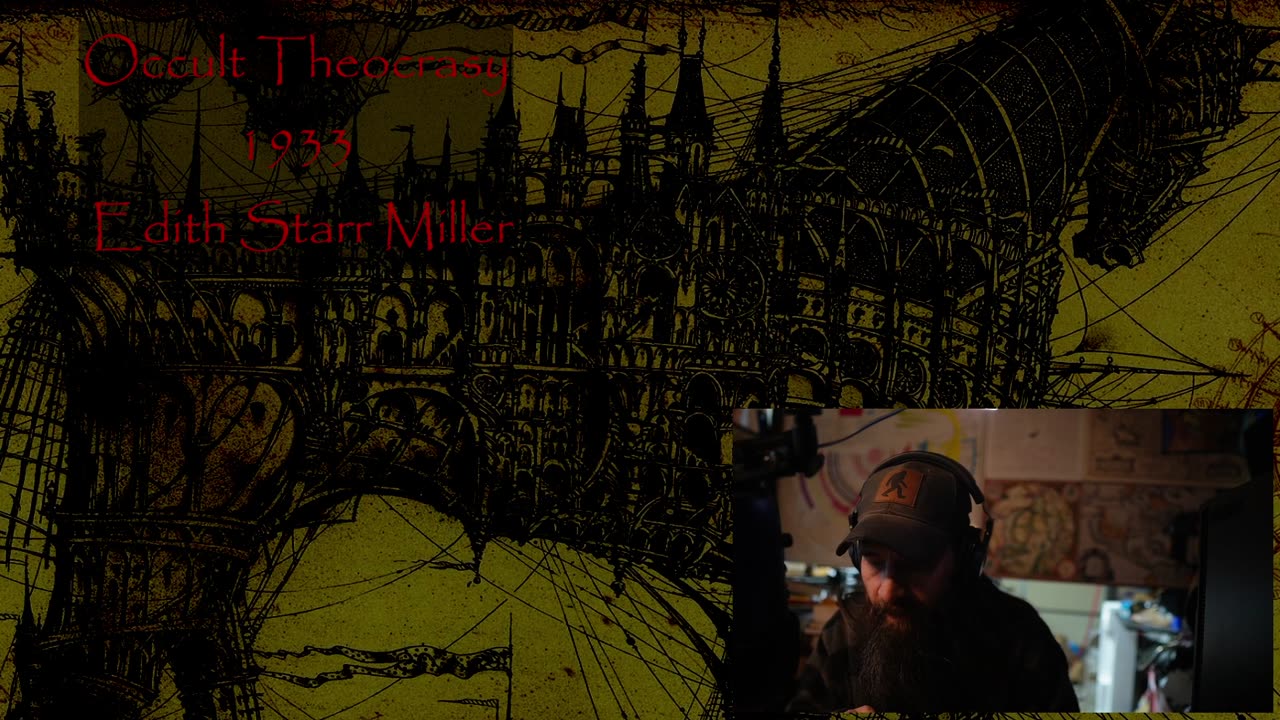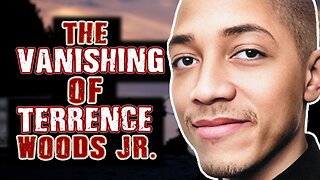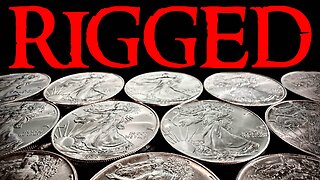Premium Only Content

Occult Theocrasy - Part I - Ch 32 - pg261
Occult Theocrasy - Part I - Ch 32 - pg261
The video discusses significant historical events and conspiracies involving secret societies, primarily focusing on Lord Palmerston, Mazzini, and the operations of various Masonic groups in Europe during the 19th century. It highlights major assassinations, failed plots, and the role of these secretive organizations in influencing political upheavals and revolutions.
Key Points:
Role of Lord Palmerston
Lord Palmerston was instrumental in coordinating efforts among various secret chiefs, including Mazzini, in their political machinations across Europe. His influence and logistical capabilities were crucial in shaping conspiracies that aimed to manipulate power dynamics.
Impact of the Crimean War
The Crimean War was a pivotal event that not only involved military confrontations but was also influenced by secret societies that sought to disrupt the balance of power in Europe. The war allowed key players like Adriano Lemi to exploit the situation for personal gain.
Mazzini's Revolutionary Committees
Mazzini organized and led multiple revolutionary committees that operated across Europe, seeking to instigate uprisings against monarchies. His strategic meetings and plots, often shrouded in secrecy, resulted in several assassination attempts and revolutions.
Assassination Plots
The narrative describes several assassination attempts orchestrated by revolutionary factions, most notably the plot against the Duke of Parma and King Ferdinand II of Naples. These plots were often foiled or led to unintended consequences, highlighting the chaotic nature of revolutionary actions.
Involvement of International Secret Societies
The video outlines the interconnectedness of various secret societies across Europe, including the Freemasons and Carbonari, showcasing how their clandestine activities were aimed at destabilizing governments and facilitating revolutions under the guise of freedom movements.
Deceptive Political Maneuvering
Political figures like Cavour and others manipulated perceptions to avoid suspicion of complicity in revolutionary activities. They sought to project innocence while working behind the scenes to achieve a unified Italy through covert operations.
Legacy of the First International
The emergence of the First International in 1862 is positioned as a significant moment that brought together various revolutionary ideologies, prominently featuring figures like Karl Marx and highlighting the role of secret societies in shaping modern labor movements.
-
 LIVE
LIVE
Dr Disrespect
5 hours ago🔴LIVE - DR DISRESPECT - ARC RAIDERS - THE WAIT IS OVER
2,658 watching -
 DVR
DVR
RiftTV/Slightly Offensive
1 hour agoWhite Mom DOXXED, Was She RIGHT? MS-13 Member EXPOSED | The Rift Report
3.88K3 -
 1:21:19
1:21:19
Twins Pod
14 hours agoJordan Peterson Meltdown, Epstein Victim Mystery & BLACK Pope?! | Twins Pod | Episode 63
15.5K8 -
 25:09
25:09
Scary Mysteries
4 hours agoIdaho's UNEXPLAINED Vanishing of Terrence Woods Jr.
2.39K -
 2:16:50
2:16:50
The Quartering
4 hours agoAmerica's Black Fatigue
115K55 -
 LIVE
LIVE
StoneMountain64
3 hours agoNEW Easter Eggs, Sniper NOT Nerfed, FAST Friday
152 watching -
 1:03:42
1:03:42
Jeff Ahern
2 hours agoFriday Freak out with Jeff Ahern
16.9K1 -
 9:53
9:53
Silver Dragons
3 hours agoPROOF THAT SILVER PRICE IS MANIPULATED LOWER
11K1 -
 7:10
7:10
Talk Nerdy Sports - The Ultimate Sports Betting Podcast
1 hour agoFriday Night Fire: Bet Like a Patriot – GSW Showdown, MLB Bombs, & AI Edge
2.66K -
 1:04:53
1:04:53
Sean Unpaved
4 hours agoRemembering Seau's Legacy, Playoff Heat, & Diva WR's
27.2K1